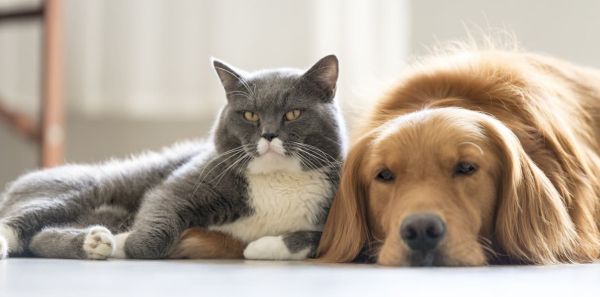|
The recent floods in Queensland and New South Wales have sadly resulted in hundreds of displaced pets.
Natural disasters are an important reminder as to why it is essential ALL of your pets are microchipped.
When a lost pet has a microchip, they can be scanned at any vet clinic or animal shelter and the details attached to the chip found on a central database.
Unfortunately, for many microchipped pets, the contact phone number assigned to the chip is incorrect and this makes the chip useless.
Now is the perfect time to make sure your pet is chipped and check the contact details attached to your pet's microchip.
If you don't know your pet's microchip number please drop by with your pet and we can scan it for you. If you already know the microchip number you can jump online to update any details.
It's also a good idea to have an ID tag with your name and phone number attached to your pet's collar as this can speed up the lost and found process.
Ask us for more information about microchipping your pet.
|
